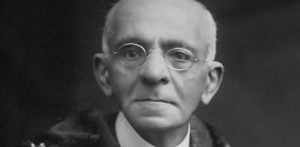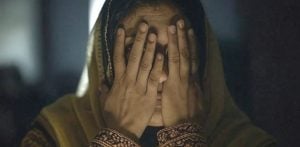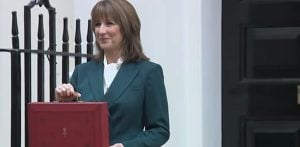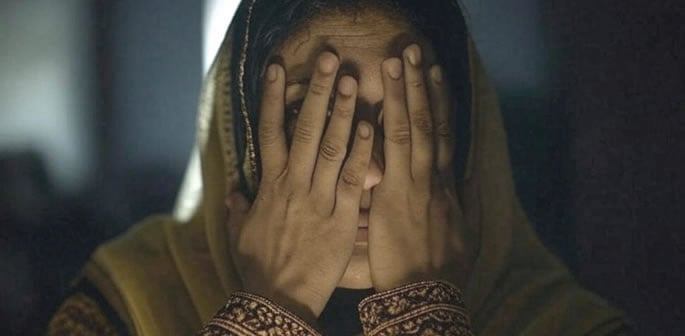"It is vital we train our staff to recognise the full picture of abuse"
The Crown Prosecution Service will roll out new training on “honour” based abuse as part of its new five-year Violence Against Women and Girls (VAWG) strategy.
The training is to help staff recognise the “wide spectrum of abuse” in cases involving violence against women.
Data found that 93.5% of “honour” crime charges were linked to domestic abuse, alongside 35.1% of rape charges, 82.8% of stalking charges, and 85.6% of image-based sexual abuse charges.
Stephen Parkinson, the director of public prosecutions, said: “The nature of violence against women and girls continues to evolve and although it is true that people are more aware of the wide spectrum of abuse, it is not sufficiently appreciated that abuse often involves different layers of offending.
“It is our responsibility to present to the court the full picture of criminality that occurs, so that courts can sentence appropriately.
“All too often, in what is presented as a domestic abuse case involving physical violence, we see many layers including strangulation, controlling or coercive behaviour and revenge porn.
“It is vital we train our staff to recognise the full picture of abuse so the charges we make reflect the totality of the offending.”
There will also be training on forced marriage, female genital mutilation, and stalking and harassment. The CPS will also develop a stalking action plan that includes cyberstalking.
The strategy also confirms that the CPS will embed academic research on the overlap between domestic abuse and sexual offences.
Dedicated victim liaison officers will be installed in rape and serious sexual offences units. Adult victims of sexual offences will be offered pre-trial meetings under the new measures.
The CPS will also provide an enhanced service for high-risk domestic abuse victims and survivors. Annual national scrutiny panels will examine rape, honour-based abuse and modern slavery.
Ellie Reeves, the solicitor general, welcomed the strategy and said:
“I think it’s really important the strategy is raising the standards of communications in the CPS, and the report, the strategy is quite honest about the fact the CPS hadn’t always got this right.
“Communications with victims have often lacked empathy and not [been] of a consistently high standard, and one of the things this strategy draws out is that determination to improve those communications and drive up those standards.
“These crimes are often complex and often interconnected, and that’s why it’s really important that this strategy recognises that complexity and interconnectedness.”
Baljit Ubhey, the director of policy and the senior responsible officer for the CPS’s VAWG strategy, said the rise in suspected suicides linked to domestic abuse was a critical concern.
Ubhey said:
“We absolutely do need to be more curious, and think: can we build those cases?”
“In complex cases like this, where the family may suspect that this isn’t a suicide, we absolutely want the police to come to us really soon so we can start exploring all those lines of inquiry, because you can tell that story, and if the evidence is there, then we would absolutely, absolutely prosecute that.”
When asked whether ministers would consider new legislation to make prosecutions easier after a domestic-abuse-related death, Reeves said this was “a really important area that needs some thinking about”.
The crown court backlog in England and Wales has reached a record high of more than 78,000 cases, with some trials listed as far ahead as 2029.
Ubhey added: “We can’t magic away the delay.”
Parkinson said improved understanding of how different types of abuse intersect could help reduce crime in the long term:
“It is only by doing this and ensuring that perpetrators face the full force of the law that we will get the message through, especially to younger men and boys, and we will start to see progress in reducing these crimes.”






























































